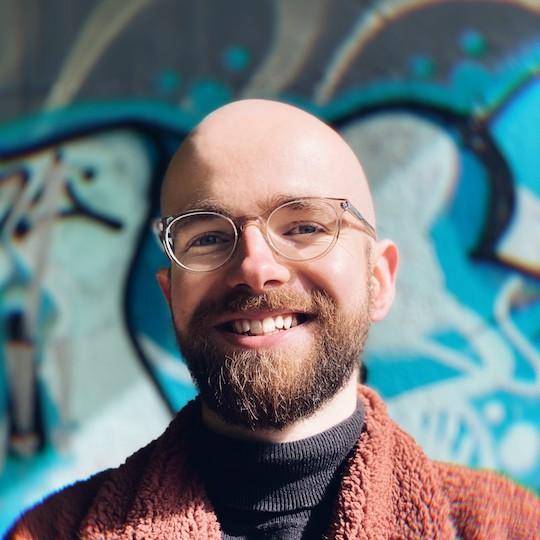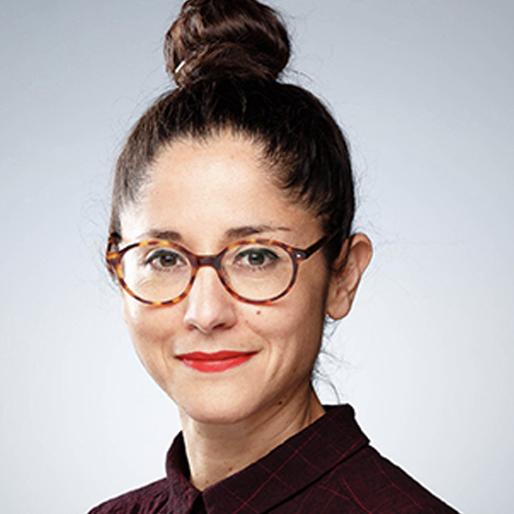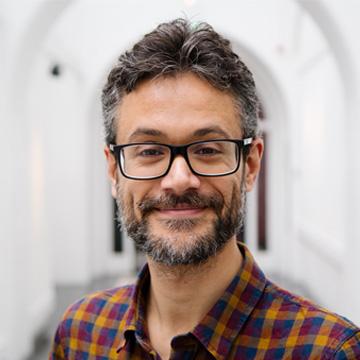Paul Mills
"I was intrigued by the approach of this course, that seemed more contemporary than certain more traditional anthropology or development courses in other universities"
Main details
“Postcolonial Studies provides a way of thinking that can be applied to a range of issues I am interested in, from domestic issues such as multiculturalism, to more anthropological studies on culture and identity, and wider phenomenons such as globalisation and neoliberalism. I felt the course would help me hone a set of theoretical tools that would give me more nuanced and complex understandings of the issues that interest me, whether at home or abroad.
I was intrigued by the approach of this course, that seemed more contemporary than certain more traditional anthropology or development courses in other universities that lead you through a history of the classic works of the discipline. Whilst studying highly theoretical perspectives on issues such as culture, globalisation, development, diasporic culture, subaltern studies and feminism, the Policy Lab encouraged us to bridge the gap between theory and action, discussing how these ideas affected us activists, writers and campaigners.
The course taught me to try and decenter myself from a trained way of thinking, critiquing our own identity and philosophy in order to understand how we got where we are. I think a key challenge is to try and understand the many different worlds that exist our Western one, which can be relevant whether thinking about history, religion, politics, development or philosophy. I ended up applying this approach to urban studies, where I studied how African cities, specifically Douala in Cameroon, have developed in different ways to our own and are generating new ways of living that should not be understood simply as failed or underdeveloped versions of our own cities.
Since the course I have become more confident in my understanding of certain key socio-political terms of our times. I have gained a criticality and set of perspectives which I will take with me whatever I do.
My advice to prospective students is to just do it! I felt it was a real privilege at this stage in my life to have the time to stop and think and read about issues I care about. I think it helps if you know what you are looking for; approaching the course through the lens of a particular issue you care about can make it easier to navigate way through what can sometimes be a dense and difficult theoretical jungle!”


